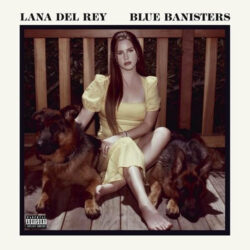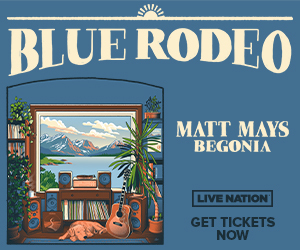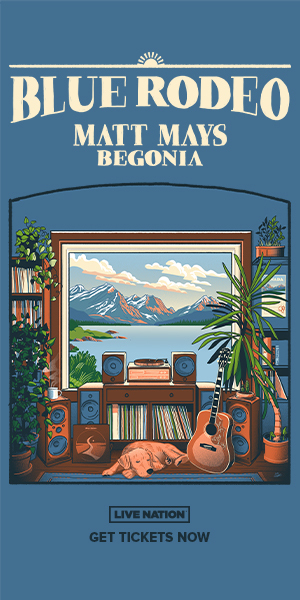Newest Lana Del Rey Screams Its Way Into Broken Hearts
The message is clear: don’t cry for Del Rey because she needs these feelings to create.
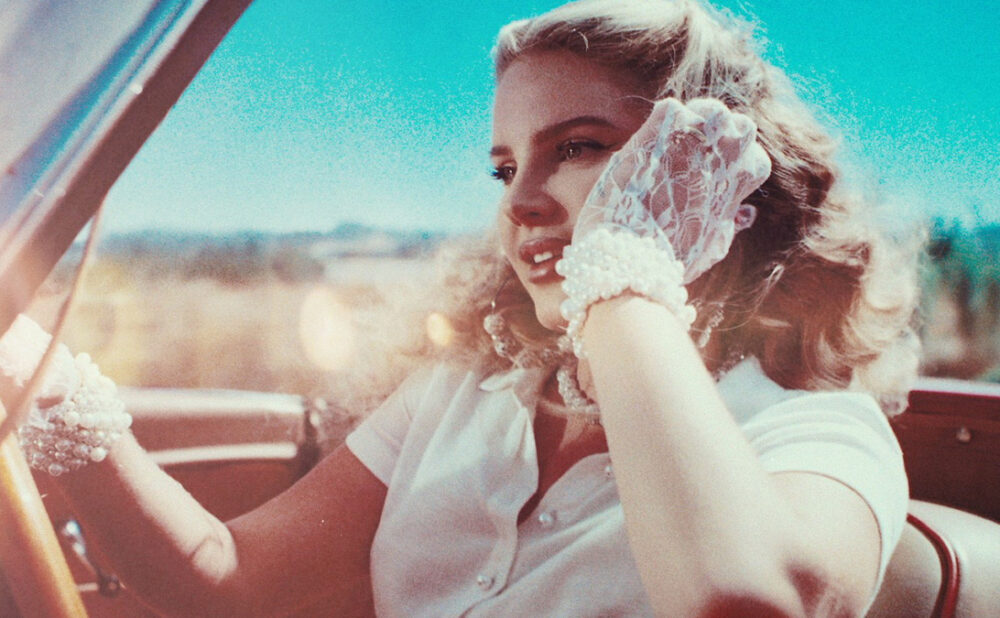
Lana Del Rey has started screaming.
This is new: the alt-pop savant’s latest releases (the recent Chemtrails Over the Country Club and 2019’s critically acclaimed Norman Fucking Rockwell!) barely coaxed her throaty, sultry voice above a hoarse whisper. Fans speculated wildly — had the cigarettes finally taken their toll? Had she lost the pipes that brought us Video Games and Summertime Sadness? But on this, her second album of the year, Del Rey puts the rumours to rest. On Blue Banisters, one of her most personal albums to date, her voice soars and shrieks with unprecedented intensity.
Several times throughout the album, her vocals border on hysterics. On Dealer, she repeats one line again and again, her voice culminating in an ear-curdling scream: “I don’t want to liiiive!”
The line drips with pain, uniquely vulnerable in its simplicity — without the protection of esotericism, all that’s left is excruciating feeling. Typically, Del Rey hides her emotions behind layers of metaphor and simile, but no longer: Banisters lays it all out.
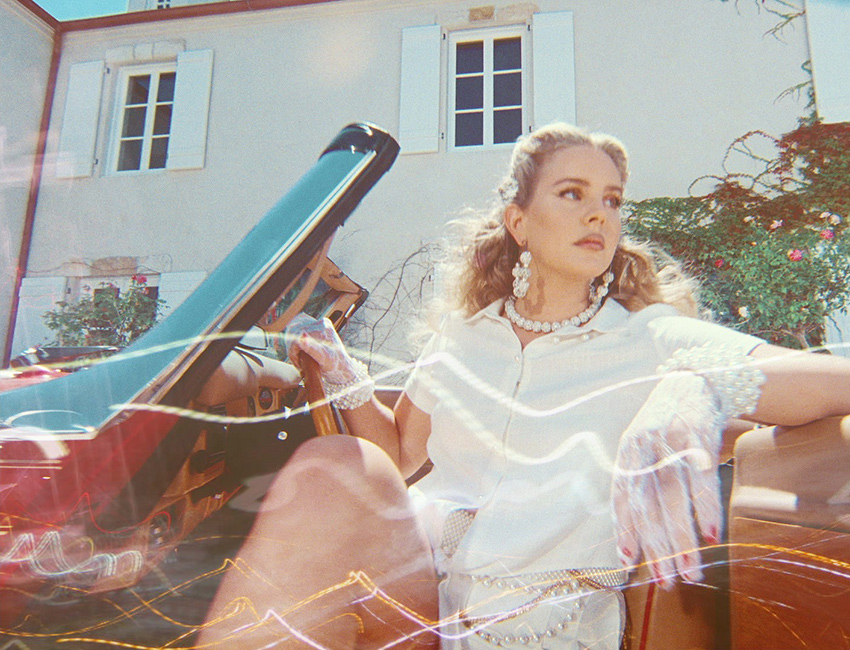
In terms of volume alone, Del Rey is one of the most prolific artists in popular music. She seems to never stop writing: like the singer-songwriters of the ’60s and ’70s that often serve as her aesthetic inspiration, her music really is just poetic prose that happens to be accompanied by instruments.
The lines in Banisters often don’t rhyme, and she’ll regularly play with off-kilter length and timing in her verses to work around her introspective, scene-setting lyrics. She’s a storyteller — one of the greatest in the world — and in Banisters, she tells the story of excruciating heartbreak without pretension. She’s done with the demure subtlety and heavily stylized codewords of her past. Here, she cuts herself open on the operating table and bleeds for us.
As usual, the real star of Del Rey’s music is her masterful lyricism. Despite the occasional turn for the weird (“You name your babe Lilac Heaven after your iPhone 11/ ‘Crypto forever,’ scrеams your stupid boyfriend/ Fuck you, Kevin”), this album showcases some of her finest wordsmithing, and even for the sad girl to end all sad girls, she’s pretty fucking sad.
In Beautiful, she explains her self-flagellating inspirations in plainer terms than ever before: “What if someone had asked Picasso not to be sad?/Never known who he was or the man he’d become/There would be no blue period.”
The message is clear: don’t cry for Del Rey because she needs these feelings to create. “Let me show you how sadness can turn into happiness,” she continues. “I can turn blue into something.”
This, ultimately, is the thesis of Blue Banisters. The title references her lost love, who promised he would paint her banisters blue, but as the album progresses, she writes about realizing that she and her loved ones can paint, too.
Related Stories
You Might Also Like
Cadence Weapon wants the win
Cadence Weapon's 'Rollercoaster' demands respect
By Adriel Smiley

